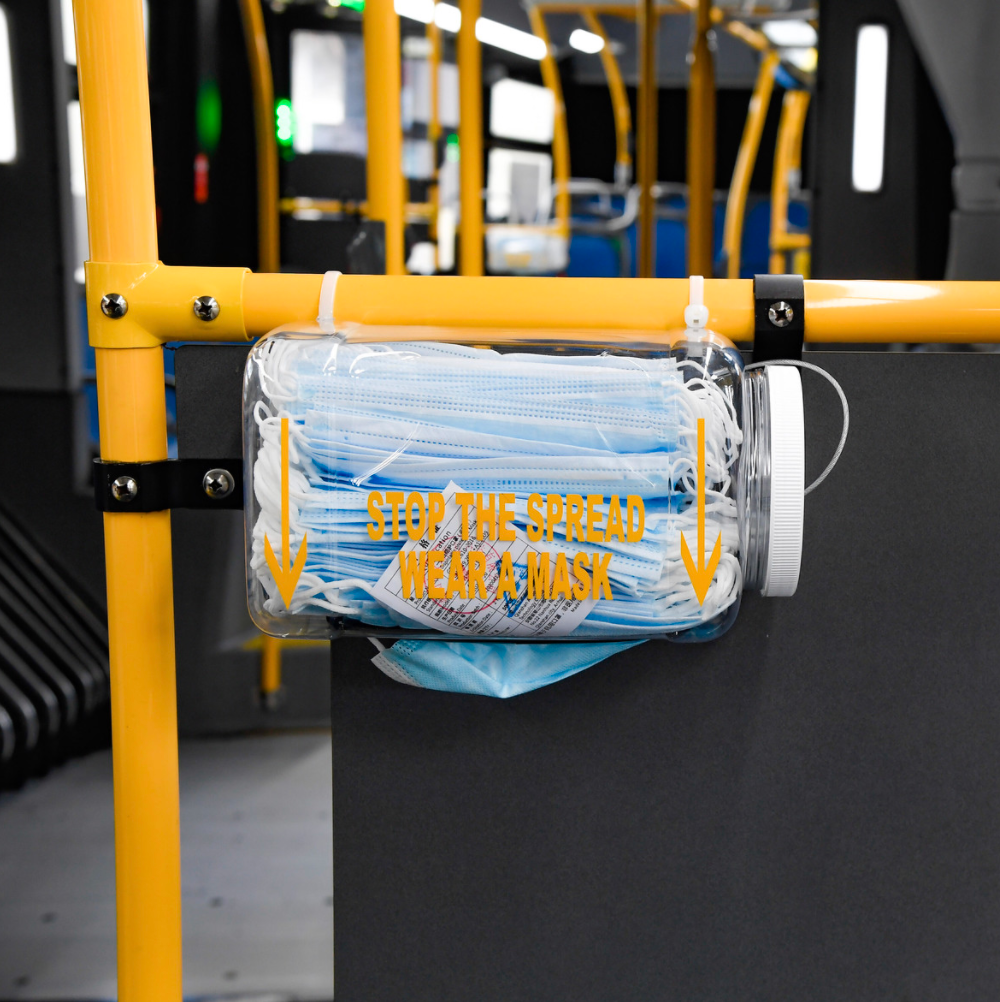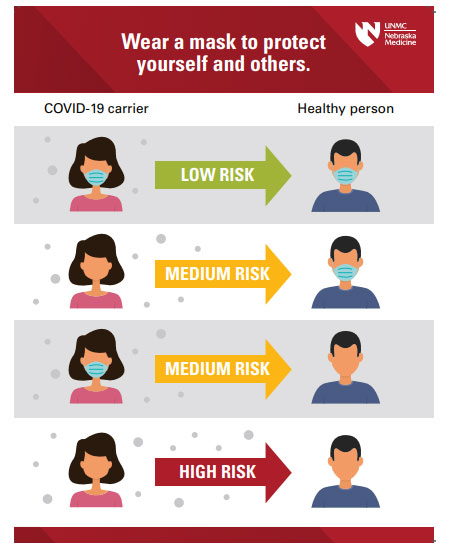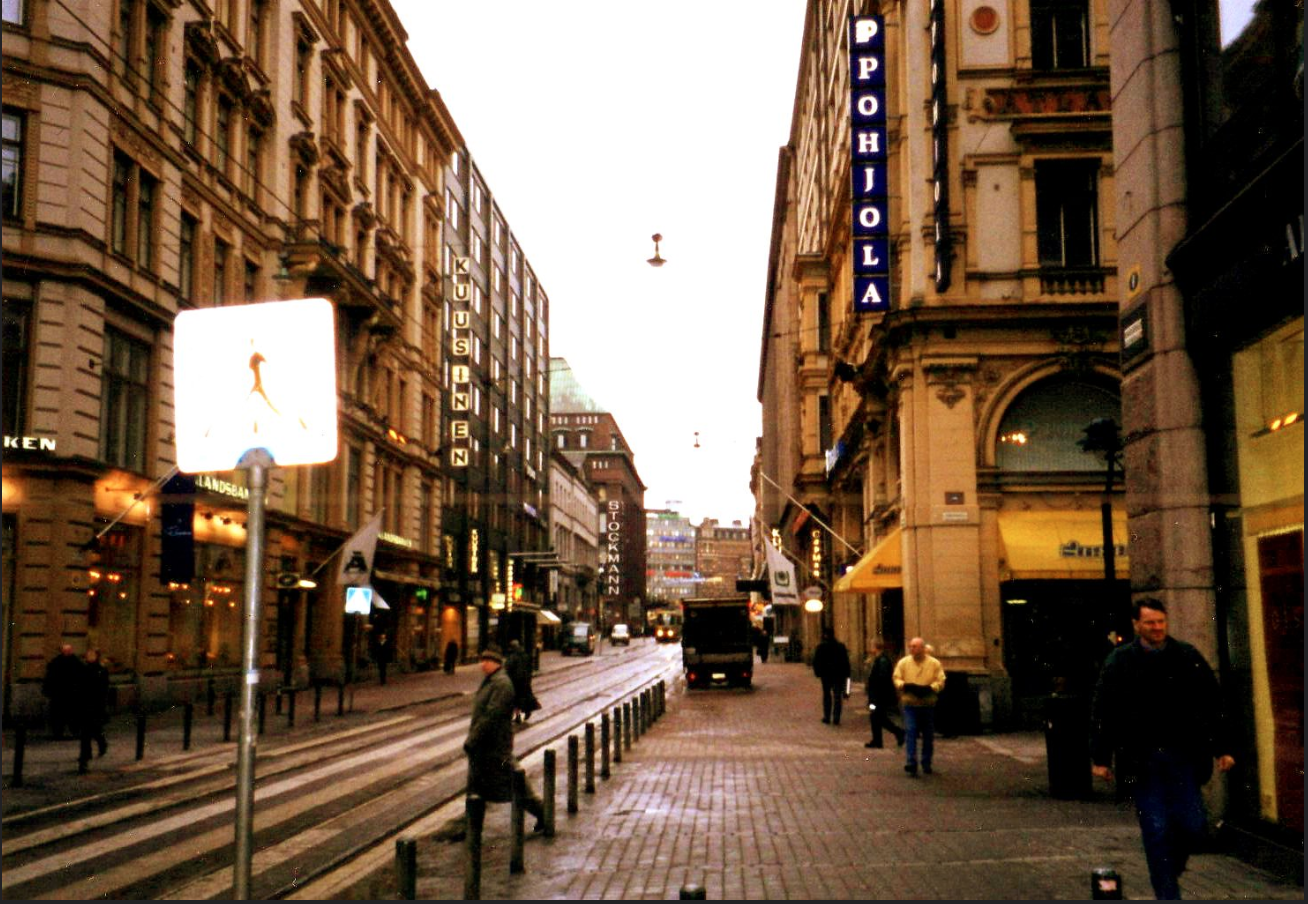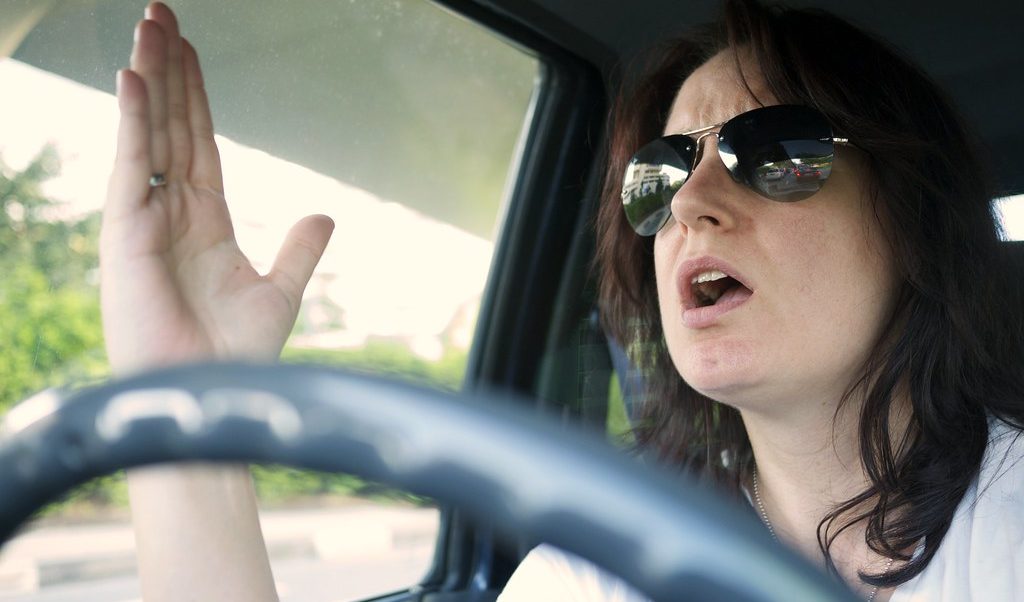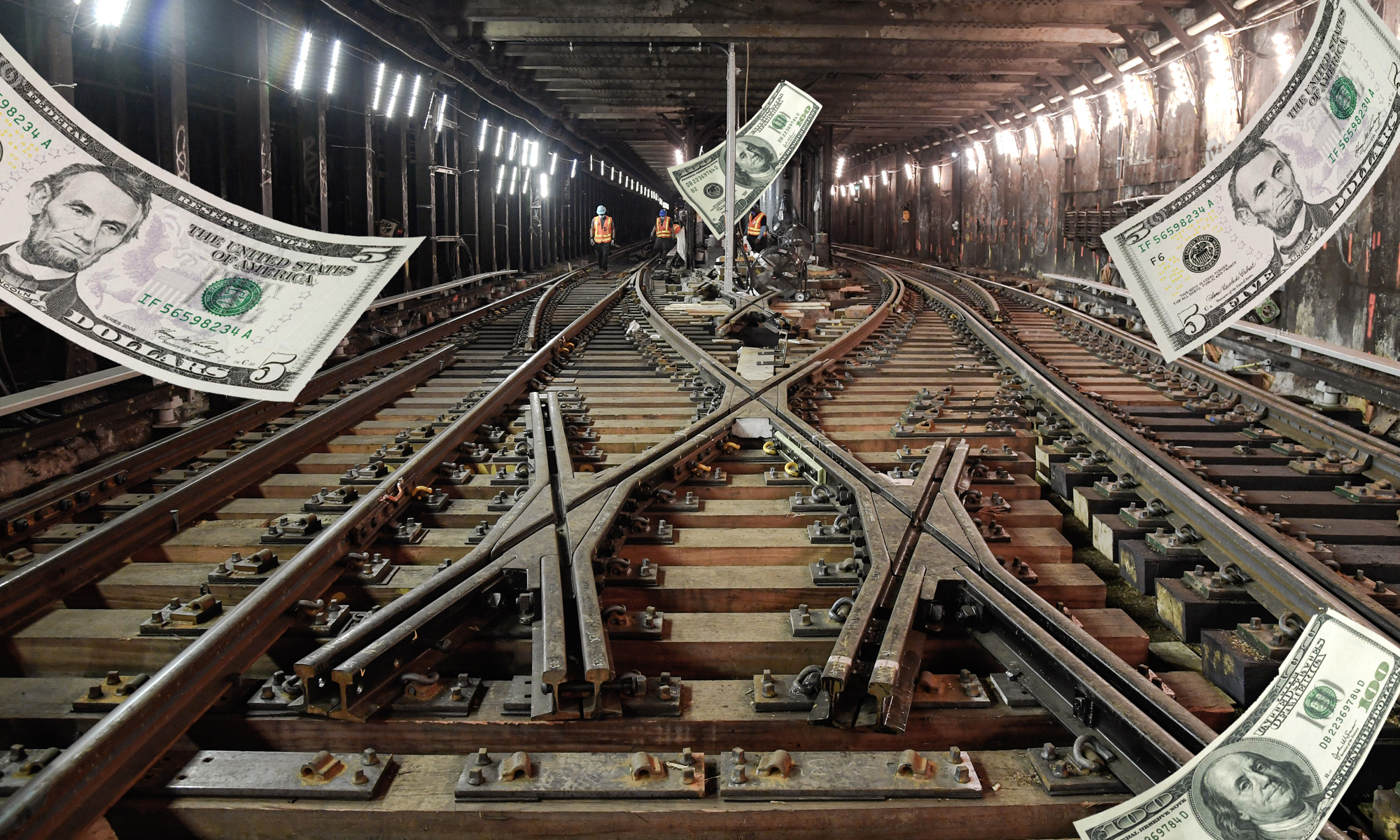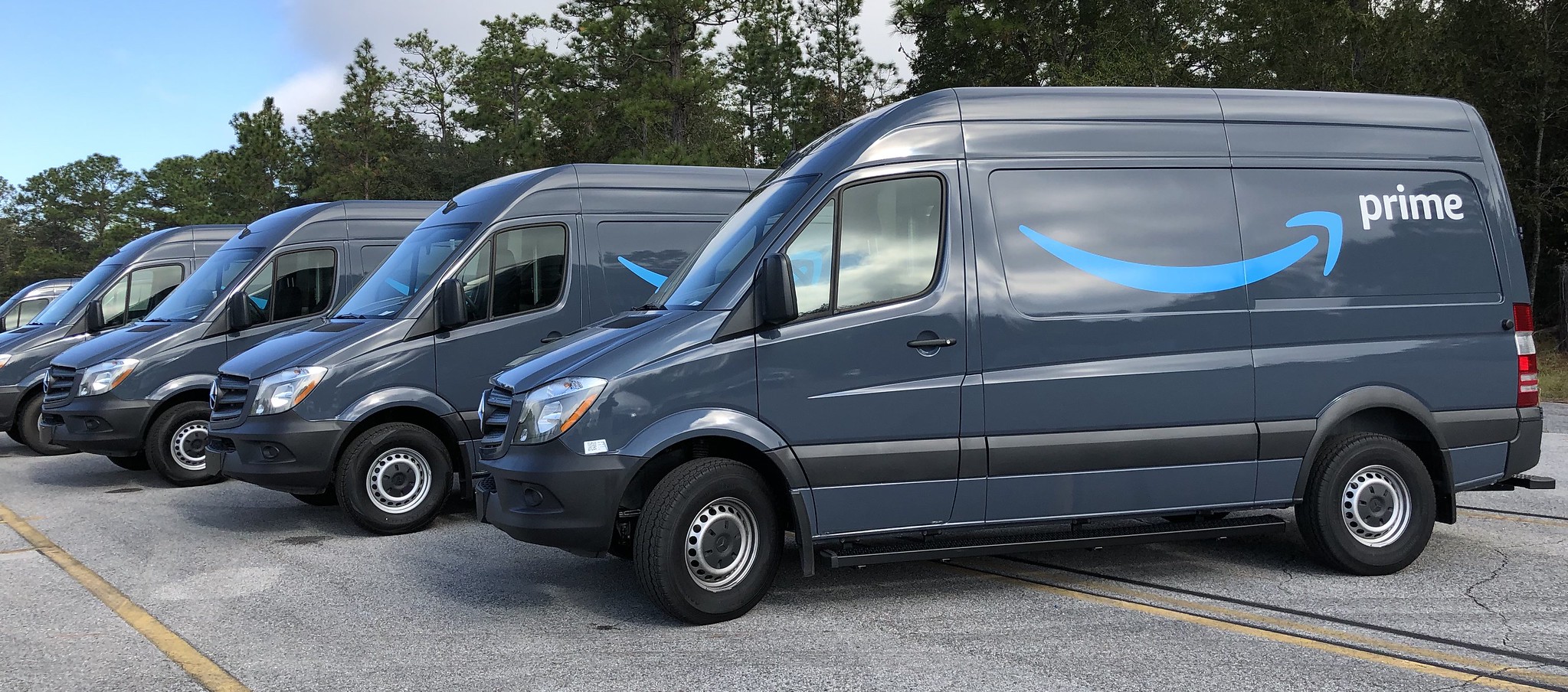The Trump administration rejected a plea to require masks on public transit nationwide on Friday — and then immediately kicked the mostly urban-based industry when it was down by halting negotiations on a relief deal that would have provided agencies with the windfall they need to survive.
On the same day that President Trump himself was admitted to the hospital with COVID-19 on the taxpayers' dime, his Department of Transportation responded to an entreaty from a prominent transit workers' union by refusing to take the simplest action available to stop the spread of the virus on trains and buses.
And just four days later, the President doubled down on that call by suspending negotiations on a Democratic bill that would have reportedly answered public transportation agencies' plea for $32 billion in relief funding — making it even harder for them to provide adequate service or protective equipment to riders and workers.
That one-two punch will devastate America's most vulnerable families in more ways than one.
If relief talks aren't resuscitated soon, roughly three million people are poised to lose access to the frequent transit service they rely on to get to work, especially among the poorest workers. A whopping 92 percent of transit riders boarding buses and trains during the early days of the pandemic were commuters, and they were mostly low-income people employed in essential services professions — and since transit ridership is still at record lows, experts don't think that balance has tipped very much in the months since.
And those who have no choice but to ride transit even after it's cut to the bone will face health risks once they climb on board. In contrast to a president, transit riders often struggle to access quality affordable healthcare, because they are disproportionately low-income. The poorest fifth of Americans has a 32-percent higher chance of dying of coronavirus compared to the wealthiest fifth, and 21 percent of transit riders make less than $15,000 per year.
Transit workers average slightly higher incomes than their passengers and many have access to some form of healthcare, but they are still facing frighteningly high rates of infection without adequate personal protective equipment for passengers or themselves. The Transportation Trades Department of the American Federation of Labor estimated that "tens of thousands of frontline transportation workers have become ill or perished due to COVID-19 exposure" — so many that drivers in cities like Detroit are currently striking against unsafe work conditions.
"We’ve had to fight for PPE," one Detroit bus operator said in an interview with WSWS about the strike. "We’ve lost a driver and several others were put into the ICU or even airlifted to save their lives. Dozens of retirees have died of COVID-19. We get a monthly magazine from the union and there are pages after pages of transit workers who have died from COVID all over the country."
In his explanation for the controversial decision, Deputy Secretary Steven Bradbury cited the administration's embrace of "the notion that there should be no more regulations than necessary" — even as insufficient mask regulations likely led to the White House infection cluster.
Scientists at the Centers for Disease Control have advised that mask usage is particularly effective at preventing asymptomatic COVID-19 carriers from transmitting the virus to others — and slightly less effective at protecting non-infected people who come into close contact with a COVID-positive person without a face covering. Mask are especially crucial when we're forced to spend long periods of time near others in enclosed indoor environments with minimal ventilation, like many buses and trains that have not been optimized for the unique challenges of the pandemic.
The Trump administration has never been generous to transit, and even retrofitted Obama's signature transit-boosting TIGER program into yet another highway fund. But during the pandemic, Washington has showed a unique level of callousness towards public transportation and the people who depend on it.
Following the president's lead, the Republican-controlled Senate has provided minimal funding for transit agencies to make their vehicles COVID-safer, reduce crowding, or speed up routes to reduce passenger exposure time — and many agencies are still struggling simply to provide adequate masks to drivers and passengers who can't afford them. The entire transit industry received $25 billion from the CARES relief act in early April, which was the minimum amount that the 10 largest public transportation industries alone said they needed to safely maintain service. (Those systems were forced to split just $10.5 billion, and most were forced to cut route frequency to compensate.)
Democratic nominee Joe Biden has been publicly supportive of both robust COVID relief for transit and widespread mask usage, though he's said he doesn't believe the president has the power to institute an overarching national mask mandate. Still, he's noted that he would support an executive order to require masks on all federal property, which would include many trains, and would be aggressive in urging state and local officials to institute mask mandates in their regions.
But for now, cities who recognize the threat of the pandemic are simply doing the best they can to keep systems running and encourage mask usage, often with vanishingly literal federal support — and a sitting President who's openly telegraphing his disdain for the most effective, affordable weapon available to Americans in the fight to end the pandemic.
